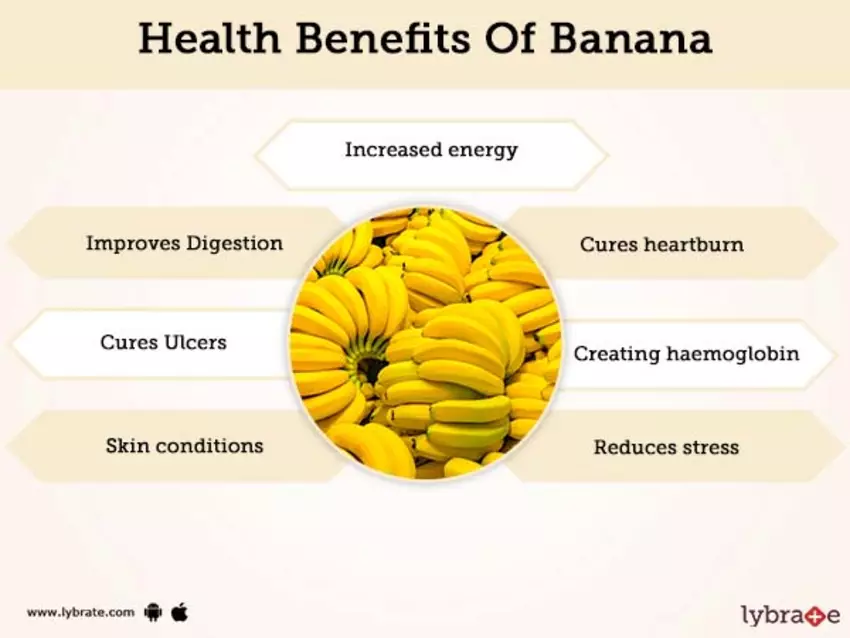
The effects of too much sodium are widely recognized. The amount of sodium a person consumes is closely related to their risk for cardiovascular disease and hypertension, two diseases associated with high blood pressure. Salt intake should be reduced by limiting salty snacks as well as reducing salt added to meals. Limiting your intakes of processed and fast food is important in addition to reducing your dietary sodium intake. Below are some suggestions for reducing sodium intake.
Your water retention can be increased by increasing your sodium level in your bloodstream. This causes blood to expand and cause it to expand. Over-saturated blood vessels stretch and build up plaque, making them susceptible to heart disease. Also, excessive sodium can cause you to feel bloated. There are many health effects that too much sodium can have on your body. It is crucial to limit your sodium intake to avoid developing serious health problems.

Too much sodium can cause serious health problems. Although your body requires a certain amount of sodium, consuming too much of it can lead to health problems. Studies have shown that sodium-rich diets can increase the risk of high bloodpressure. Although sodium is essential to nerve and muscle function and the regulation of fluids in the body, it's better to restrict your intake. It's best to keep your daily total below two thousand milligrams.
In addition to affecting the brain, too much sodium can also contribute to heart problems. In the United States, a high sodium diet is a risk factor for cardiovascular disease. The Centers for Disease Control and Prevention recommend Americans do not consume more that 1,500 milligrams per day. The average person should consume less than 2 000 mg of sodium per day. However, there are foods with higher sodium levels than others.
It is important that sodium intake does not affect the cardiovascular system. In fact, it can have many health benefits. One example is a person suffering from high blood pressure who should limit their sodium intake below 2,000 mg per daily. A lower blood pressure is another benefit. In addition, reducing salt intake will reduce the risk of cardiovascular disease. This is just the beginning. Limiting sodium is essential if you wish to enjoy healthy living.

The number of people who die from too much sodium intake is on the rise. High levels of sodium are increasing the chances of developing heart disease or high blood pressure. Reduce your sodium intake to lower your chance of developing heart problems. Salty foods should be avoided, along with processed and salty food. For instance, canned vegetables and legumes should be rinsed before consumption. You don't have to wash vegetables or legumes before you eat them. Instead, rinse them.
FAQ
Are There Any Benefits to Yoga?
Yoga has been popular since ancient times. Yoga is now very fashionable among celebrities and everyday people who want to look and feel good.
Yoga is great because you can stretch your muscles and strengthen them. Yoga can also help calm your mind and relax you.
Yoga is different from other types of exercise in that it focuses on breathing techniques.
To improve your balance and flexibility, you can try different poses.
What does butter do?
Butter is one of the best sources of saturated fats. This fat is good for hair and skin health, as well as stronger bones.
Vitamin K is also found in butter, which helps prevent bleeding from cuts or bruises. Vitamin K and vitamin B work together to prevent any bruising.
Butter is also rich in minerals, including calcium, phosphorous, and potassium. These elements encourage stronger bones.
However, butter has some drawbacks. Butter is high in cholesterol. A few studies have shown that too much cholesterol can increase the risk of developing coronary disease.
Butter also contains high amounts of saturated fat, which contributes to obesity and increases cholesterol.
Butter can be spread on bread, but you don't have to dip it into soups or salads if you absolutely must. Bread absorbs more oil that pasta and potatoes.
What is your favorite workout to build muscle mass?
When you are building muscle mass, there are two main exercises you need to do. These are the isolation exercises as well as compound movements. While isolating exercises target specific muscles, compound movements are designed to focus on multiple muscle groups at once.
It is important to do exercises that work all of your major muscles groups. This ensures you're always pushing yourself during your workouts.
MyFitnessPal is an app that allows you to track your activities. It can track everything from calories burnt to weight lifting. You can even create customized meal plans that are based on your goals.
How to Build Muscles Fast
Fast muscle building is possible by eating healthy foods and regularly lifting weights.
When you're fresh and ready to do something, early morning is the best time for working out.
You should try exercises such as squats, bench presses, push-ups, etc.
Use different weight training techniques and drink plenty water throughout the day.
Cardio Exercise: Good or Bad for Your Health?
Cardiovascular exercise is a great way to improve your cardiovascular health. It improves blood circulation, strengthens your heart muscle, increases stamina, helps you lose weight, and gives you energy.
Cardiovascular exercise includes running, biking, hiking, swimming, tennis, basketball, soccer, volleyball, football, etc.
Cardio exercises should not be done at high intensity. This could lead to injury.
You should only perform the cardiovascular exercise if you are feeling well.
Never push yourself past your limits. This could lead to injury.
Cardiovascular exercise is best done warm-up first. Next, increase your intensity gradually.
Listen to your body. If you feel pain during cardiovascular exercise, stop immediately.
Also, after a cardiovascular workout, it's advisable to take a rest. This allows your muscles to recuperate.
Cardiovascular exercise is an important part of losing weight.
It is the best method to lose calories and reduce belly weight.
Do I have the obligation to exercise every day or just on occasion?
No! Get at least 30 minutes of moderate-intensity physical activity 5 days a week. That could mean walking fast enough for you to get slightly out of breath and biking hard enough for you to sweat.
What does the milk do for men
Next time you buy milk think about what you could do with it. You may also benefit from consuming less coffee.
Children and adults both have found milk to be beneficial. Milk provides children with nutrients such as vitamin D, calcium, potassium, phosphorous, and magnesium.
It is also good for digestion and bone strength. The immune system is stronger and there are fewer illnesses in adults who consume dairy products.
The lactose in milk is also high, so people with digestive problems can enjoy the benefits of milk without experiencing stomach discomfort.
Consider drinking more milk, instead of sodas or juices. Milk contains more calcium and vitamin D, which can strengthen your bones and teeth.
If you don't like the taste of milk, you can always make your yogurt using plain low-fat milk. Yogurt, which is lower in calories but higher in protein, is a great option to milk.
Yogurt also has probiotics that aid digestion and increase immunity.
Try warm milk to help you fall asleep. Warm milk relaxes muscles and increases serotonin levels, helping you get a good night's rest.
Statistics
- Get free shipping and 25% off today. (healthline.com)
- Candidates and applicants must pass all four tests at 70% (minimum level) to graduate from Basic Deputy U.S. Marshal (BDUSM) Training. (usmarshals.gov)
- By John Thompson Take a whopping 38% off a set of PowerBlock Pros. (menshealth.com)
- 10 pounds in a month is likely during a lean bulking phase, especially for beginners. (muscleandstrength.com)
- According to the American Heart Association, blood pressure should be checked at least once every two years, beginning at age 20. (my.clevelandclinic.org)
External Links
How To
What should my diet look like before I start a workout?
Losing weight requires you to consume fewer calories than what you burn in exercise. Also, you must eat all the nutrients.
This includes protein and carbohydrates as well as fats, vitamins, and minerals.
The best way to achieve this is to eat smaller meals throughout a day rather than three large meals.
You may not be as effective if there is too much hunger during your workouts.
Consider drinking water rather than sugary energy drinks. This will keep your body hydrated and energized.
But make sure you're getting enough fluids. Too much water can dilute your electrolytes.
For proper functioning, your body requires electrolytes.
You could also drink sports drinks if water is scarce. They contain sodium, potassium, calcium, magnesium, and other minerals.
This helps replenish electrolytes that have been lost. They won't be able to replace the electrolytes you have lost through sweating.
You could also consider taking a multivitamin tablet if you are concerned that you might lose too much salt from exercising.
These contain extra vitamin B6 which helps regulate the amount of sodium in your body.
If you don't know the salt content of your foods and beverages, supplements shouldn't be relied upon.
They aren't regulated by the Food and Drug Administration (FDA).
Some sports drinks may contain more sodium than others.
Some sports drinks may contain artificial sweeteners or other preservatives. These ingredients could cause digestive problems.
Sea salt is an option if you don't want to eat too much salt.
It contains fewer chemicals that table salt.
Sea salt has a low level of iodine. It is an additional mineral required for healthy thyroid function.